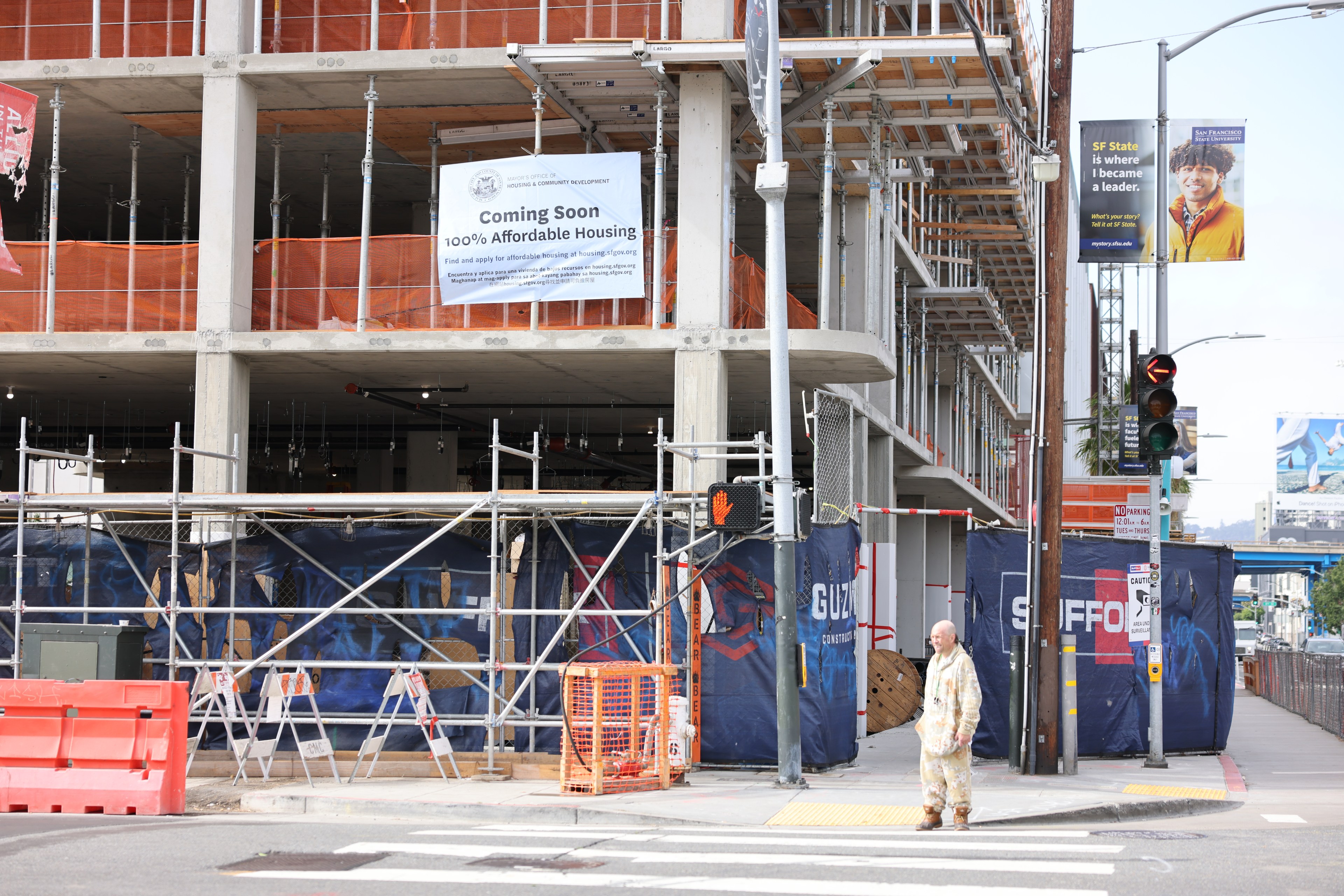State officials released an unprecedented—and absolutely scathing—report Wednesday on San Francisco’s housing crisis, noting that numerous impediments to approving and advancing new projects will make the city incapable of meeting its housing goals and local control could soon be revoked if action is not taken.
The first-of-its-kind audit by the California Department of Housing and Community Development identified 28 specific actions San Francisco must take to come into compliance and streamline its approval process to meet the city’s Housing Element, which requires the city to accommodate 82,000 new housing units by 2031.
Failure to meet some of these goals, some of which have deadlines as short as 30 days, could lead the state to “revoke housing element compliance and may result in additional enforcement action,” officials wrote.
The report noted findings from a University of California Berkeley study and city data that show that in 2022 it took an average of 523 days for a housing project to be entitled in San Francisco, which was almost 140 days more than the next-slowest jurisdiction in the state.
Making matters worse, an average of 605 days pass in San Francisco before the city issues a building permit to a project that has already been entitled—nearly 200 days longer than the second-worst jurisdiction in California.
Local developers blamed much of the high cost to build in San Francisco on burdensome red tape and other unnecessary reviews and delays, state officials said.
San Francisco will now be required to eliminate certain aspects of discretion and subjectivity in planning review, reform how environmental reviews—colloquially called CEQA—are applied to projects, expedite and standardize the post-entitlement permitting process, and take steps to increase accountability and transparency.
“This audit puts cities across California on notice: there will be no more leniency for illegally obstructing housing construction,” state Sen. Scott Wiener said in a statement.
State officials credited Wiener’s bill SB 35, which was enacted in 2018, with creating a ministerial process to improve the city’s planning approval process. However, the audit also noted that local officials’ post-entitlement decisions have not complied with state laws.
“San Francisco has added layer upon layer of unnecessary discretion and bureaucracy for decades, and certain members of the Board of Supervisors have refused to enact the mayor’s reforms, even those they agreed to in certifying the City’s Housing Element earlier this year,” Wiener said. “I applaud the California Department of Housing and Community Development for this bold enforcement.”
San Francisco needs to add an average of 10,259 units of housing, including 5,825 affordable homes, each year through 2031 to meet its housing needs, officials said. Numbers with the U.S. Department of Housing and Urban Development found that the city permitted just 179 new housing units through the first six months of 2023—a rate of less than one unit per day.
